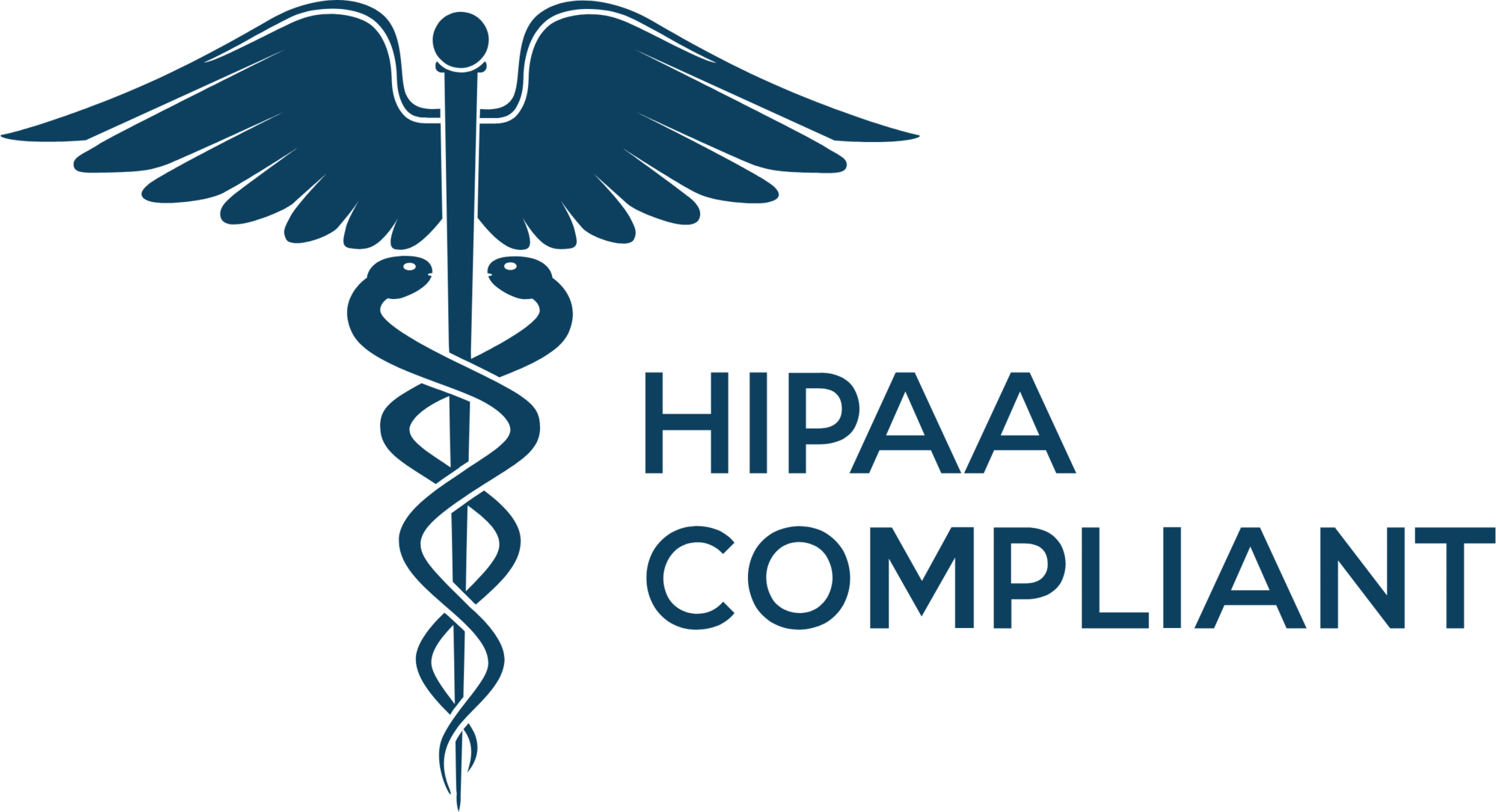
Decoding PR-204 Denials: A Comprehensive Guide for Healthcare RCM Teams
1. What Does PR-204 Claim Denial Mean?
Explaining PR-204 in simple terms
PR-204 indicates that the service provided is not covered under the patient's current benefit plan. The "PR" prefix signifies that this is a patient responsibility denial, meaning the patient may be liable for the full cost of these services.
Why this denial happens and what it means for your claim
- Insurance plans have specific coverage limitations and exclusions
- Services may fall outside the plan's defined benefits
- Experimental or investigational procedures often trigger this denial
- Some services might require additional documentation to prove medical necessity
2. Top Reasons Claims Are Denied (Including PR-204)
Common causes of claim denials
- Service not included in patient's benefit package
- Procedure considered experimental or investigational
- Preventive services exceeded frequency limits
- Non-covered elective procedures
- Services provided outside plan coverage dates
How PR-204 compares to other denials
When compared to typical claim denials, PR-204 denials present unique challenges due to their direct connection to benefit plan limitations. These denials often require detailed benefit verification and extensive patient communication, as they frequently result in patient financial responsibility. While some PR-204 denials are straightforward benefit exclusions, others may be appealable with proper documentation of medical necessity or by demonstrating that the service falls within covered benefits. The resolution process typically involves more patient education and financial counseling than other denial types.
3. How Claim Denials Like PR-204 Affect Your Revenue
The financial and operational impact of denied claims
- Results in immediate write-offs if truly non-covered
- Requires significant patient communication time
- May lead to increased bad debt if patients cannot pay
- Creates additional work in determining coverage alternatives
Why addressing denials is critical for your practice
Effectively managing PR-204 denials is crucial for maintaining financial stability and patient satisfaction. These denials can significantly impact cash flow and require substantial resources to manage properly. Early identification and proactive management of potential PR-204 situations help prevent revenue loss and maintain positive patient relationships. Additionally, proper handling of these denials can help identify patterns in coverage gaps and inform better pre-service verification processes.
4. The Key to Reducing PR-204 Denials
Actionable steps to minimize this specific denial
To effectively reduce PR-204 denials, practices must implement comprehensive benefit verification processes before providing services. This includes detailed coverage checks for specific procedures, establishing clear communication channels with insurance providers for benefit verification, and developing robust patient notification protocols for non-covered services. Teams should maintain updated databases of commonly non-covered procedures by payer and implement advance beneficiary notice (ABN) processes when appropriate.
Best practices for improving claim accuracy
Success in preventing PR-204 denials requires a systematic approach to benefit verification and patient communication. Practices should develop comprehensive checklists for verifying coverage of planned procedures, maintain updated payer policy guidelines, and implement clear protocols for documenting benefit verifications. Regular staff training on coverage determination procedures and payer-specific requirements helps ensure consistent application of verification processes. Additionally, establishing clear financial counseling protocols for potentially non-covered services helps manage patient expectations and reduce financial surprises.
5. How Ember Can Help
Spot Claim Denials Before They Happen
- Predictive analytics flag high-risk claims automatically
- Alerts notify staff about missing authorizations
- Network status checks ensure compliance
- Real-time eligibility verification avoids surprises later
Turning Denials Into Opportunities
Ember doesn't just help resolve denials—it helps you learn from them. By analyzing patterns in denial data, you can identify recurring issues and improve processes. This ensures:
- Better understanding of claim requirements
- Improve staff training and workflows
- Fewer denials overtime, with actionable insights to make smarter decisions Turning challenges into opportunities leads to stronger performance and fewer claims falling through the cracks.
Making the process easier, faster, and more efficient
Ember improves every step of the denial management process by automating tasks such as eligibility checks and verification. With Ember, you can:
- Save time by reducing manual work
- Provide staff with clear alerts and next steps for resolution
- Ensure a faster and more reliable claim submission process Ember Copilot helps reduce the effort required, lowers denial rates, and boosts overall efficiency for your team.
By staying informed, organized, and proactive, you can keep PR-204 denials from dragging down your practice’s performance, and ensure that everyone—staff, providers, and patients—benefits from a smoother, more predictable reimbursement process.
Lynn Hsing is a recognized leader in healthcare marketing. Having worked closely with health systems and providers, Lynn brings a nuanced understanding of the challenges they face — from administrative burden and claim denials to reimbursement delays and staff shortages. This firsthand insight has shaped Lynn’s ability to translate complex AI solutions into meaningful value for healthcare organizations.








